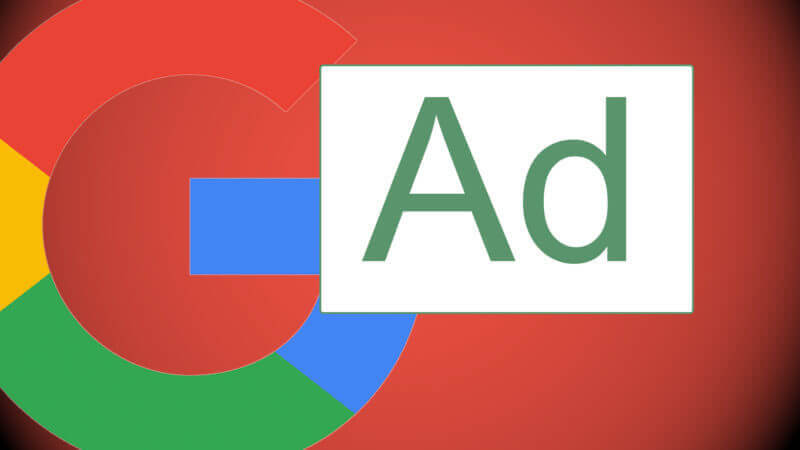Google says it removed more than 3.2 billion bad ads in 2017
The number of ads Google took down last year for advertising policy violations nearly doubled from 2016, and cryptocurrency ads will soon join the list of forbidden ad types.

Google says it removed more than 3.2 billion ads that violated its advertising policies during 2017, nearly doubling the 1.7 billion ads taken down in 2016.
“That’s more than 100 bad ads per second!” writes Google’s director of sustainable ads, Scott Spencer.
After a tumultuous year of brand safety issues, fake news and highly publicized extremist content plaguing its various ad networks, Google released its latest Trust and Safety Report outlining the steps it has taken to fight ad fraud, malware and content scammers.
In 2017, Google says it took down:
- 79 million ads for sending users to malware-laden sites.
- 400,000 malware sites.
- 66 million “trick-to-click” ads.
- 48 million ads that prompted unwanted software installation.
Around this time last year, Google announced new brand safety controls for video and display ads, creating policies that prohibited the monetization of inappropriate and controversial content. In connection with these policy updates, Google says it removed 320,000 publishers that violated publisher policies in 2017 and blacklisted 90,000 websites and 700,000 mobile apps.
“After expanding our policy against dangerous and derogatory content in April 2017 to cover additional forms of discrimination and intolerance, we removed Google ads from 8,700 pages [that] violated the expanded policy,” writes Spencer.
When evaluating sites that misrepresent themselves — for example, website scammers that try to pull in ad money with domains that closely mimic those of legitimate news outlets — Google found that a small number of publishers accounted for the bulk of these violations. It says that of the 11,000 websites reviewed for possible misrepresentation, 650 sites were blocked and 90 publishers were terminated from Google’s network.
Scraping, in which sites copy news or content from other sites, resulted in penalties for 12,000 websites — 2,000 more than the 10,000 sites it blocked for scraping and duplicating content in 2016.
Tabloid cloaking violations accounted for more than 7,000 AdWords accounts being suspended last year, a significant jump from the 1,400 sites that were suspended in 2016 for clickbait headline ads that led to a sales pitch instead of news content.
To combat the surge of bad ads and scammers, Google says it has implemented new technology and introduced 28 new advertiser policies and 20 new publisher policies.
“This year, we updated several policies to address ads in unregulated or speculative financial products,” writes Spencer. “We also updated our gambling ads policies to address new methods of gambling with items that have real-world value.”
Google says it will also be introducing a new certification process for rehabilitation and addiction treatment facilities.
According to Google’s advertising policy change log, restrictions around ads for financial products will be implemented later this year: “In June 2018, Google will update the Financial services policy to restrict the advertisement of Contracts for Difference, rolling spot forex, and financial spread betting.”
As part of the new restrictions, Google says it will no longer allow ads to be served promoting binary options and synonymous products or cryptocurrencies and related content. Also, advertisers offering “Contracts for Difference, rolling spot forex, and financial spread betting” will have to receive a certification by Google to run ads through the AdWords network, and certification will only be available in certain countries.
Contributing authors are invited to create content for Search Engine Land and are chosen for their expertise and contribution to the search community. Our contributors work under the oversight of the editorial staff and contributions are checked for quality and relevance to our readers. The opinions they express are their own.
Related stories
New on Search Engine Land